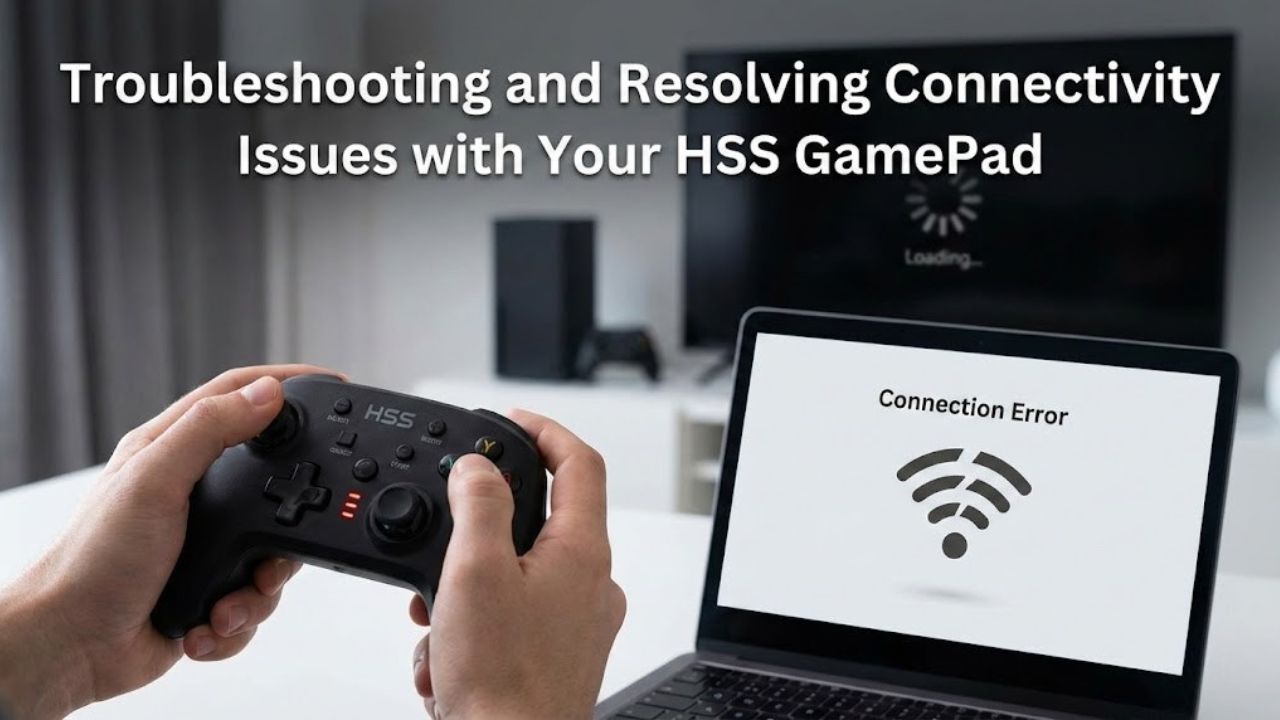Facing domestic violence is an incredibly challenging and delicate situation, not just for the victim but also for their loved ones. Offering the right kind of support can make a significant difference. Here’s a simple guide to help you navigate this difficult process effectively.
Understanding the Signs
Domestic violence isn’t always as apparent as physical bruises or injuries. Emotional, psychological, and financial abuses are equally harmful. Look for signs such as isolation from friends and family, drastic changes in behavior, constant anxiety, or visible marks and injuries. Understanding these subtle indicators can help you better identify when your loved one needs help.
Understanding Legal Options
Understanding the legal options available is crucial. Encourage them to reach out to legal professionals who specialize in domestic violence cases. Knowing what legal protections exist, such as restraining orders or custody arrangements, can be invaluable in planning their next steps. In addition, consider consulting an Arizona domestic violence lawyer who can provide expert advice and representation. Legal guidance can be a crucial step in ensuring the safety and rights of your loved one.
Offering Practical Support
Once your loved one opens up, they may need practical support. Offer assistance in the form of a safe place to stay and help with finances or transportation. However, ensure that you let them make the decisions. Trying to control the situation can make them feel further trapped.
Approaching the Subject
Approaching someone about domestic violence takes tact and sensitivity. Ensure you’re in a private, safe space where the person feels comfortable. Be gentle and non-judgmental in your manner of questioning. Use open-ended questions like, “I’ve noticed you seem upset lately. Do you want to talk about it?” which can give them the opportunity to open up.
Encouraging Positive Activities
Encourage your loved one to engage in activities that they enjoy and that can provide a sense of normalcy and joy. This can be anything from a hobby they love, to spending time with friends who provide positive reinforcement. These activities can serve as a form of emotional escape and healing.
Listening Without Judgment
One of the most essential ways you can help is simply by listening. Allow them to share their experiences without interrupting or offering immediate solutions. Show empathy and believe their story. Victims often fear they won’t be taken seriously, so validating their feelings can be incredibly empowering.
Building a Support Network
Helping your loved one build a support network of trustworthy people can provide them with an additional layer of emotional and practical support. This could include other family members, friends, or support groups for domestic violence survivors. A strong support network fosters resilience and can provide various avenues of assistance and encouragement.
Creating a Safety Plan
Safety planning involves outlining steps the person can take to protect themselves in dangerous situations. Help them create a personalized safety plan that includes emergency contacts, a packed bag with essentials, and a clear plan for where they can go in an emergency.
Self-Care for Supporters
Supporting a loved one through such a tough time can take a toll on you as well. Make sure you’re also taking care of your own mental and emotional health. Seek support from friends, family members, or professional counselors if needed. Remember, you can’t pour from an empty cup.
Empowering Them Through Resources
Informing your loved one about available resources can be empowering. Many organizations offer support for domestic violence victims, including hotlines, shelters, and counseling services. Providing them with this information can help them feel less alone and more in control of their situation.
Final Thoughts
Helping a loved one facing domestic violence is emotionally taxing but incredibly important. Listen without judgment, offer practical support, understand legal options, and create a safety plan. Don’t forget to take care of yourself in the process. The road to recovery and safety is long, but with your unwavering support, your loved one can find their way to a safer and happier life.










































